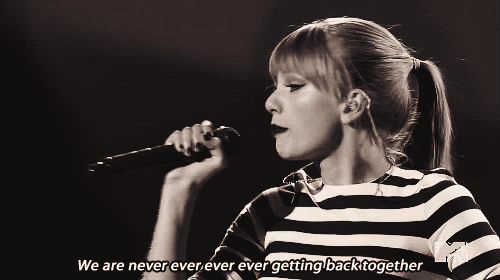Breaking up is really difficult, it's hard and there are so many emotions flying all over the place. I've been through my share of relationships and I've been through my share of breakups and below, I've outlined (in gifs!) the phases that all of us go through when it comes to break ups.
1. The 'You Were Right' Phase

2. 'I Actually Thought You Were Different' Phase

3. Blaming Game
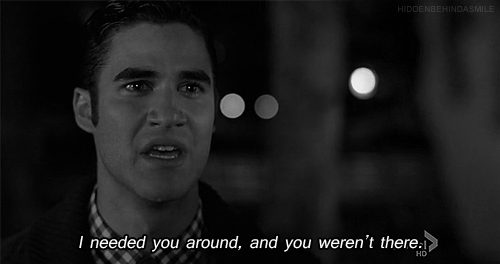
4. 'I'm Still in Love with You' …

5. Is It My Fault?

6. The Lonely Phase …
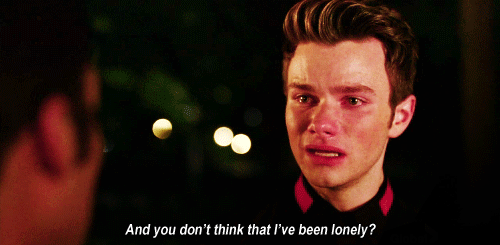
7. You Deny

10. Yes, Yes, the Anger Phase

11. Guilt Trip Phase
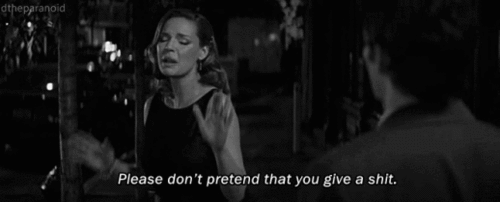
12. You're Finally Done
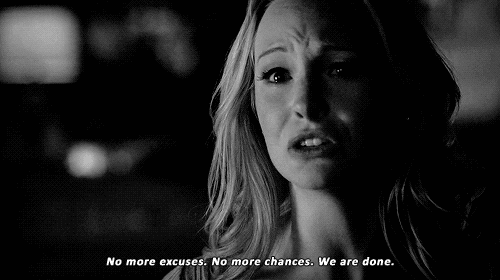
13. ...you Need to Cry It out

14. And Stay Firm

15. Wallow – like on Gilmore Girls

16. T-Swift is There for You

17. It WILL Get Better … over Time
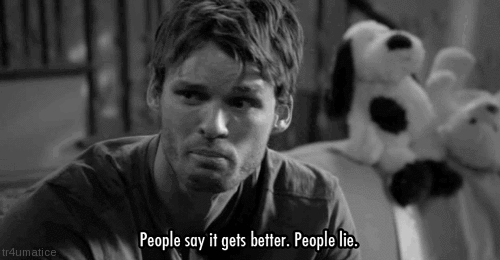
18. A Lot of Time
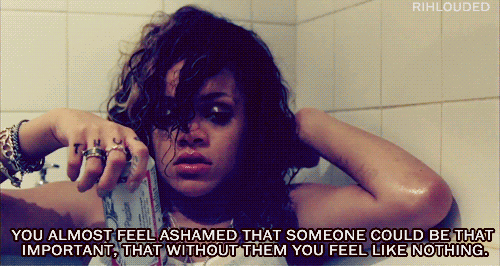
19. … Tons of Time

20. Finally … You're over It
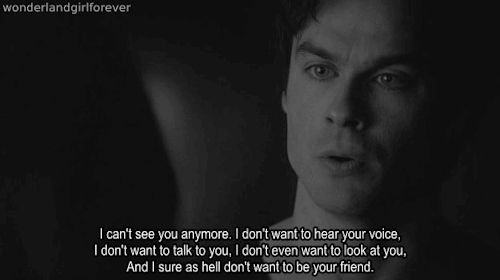
22. And You're Never, Ever Getting Back Together
